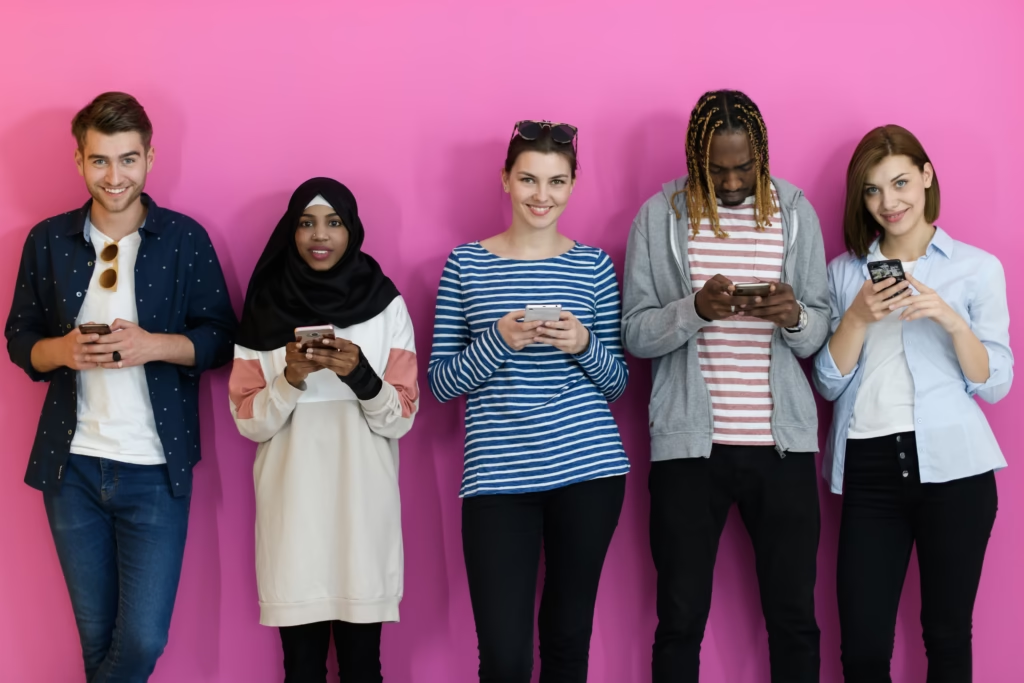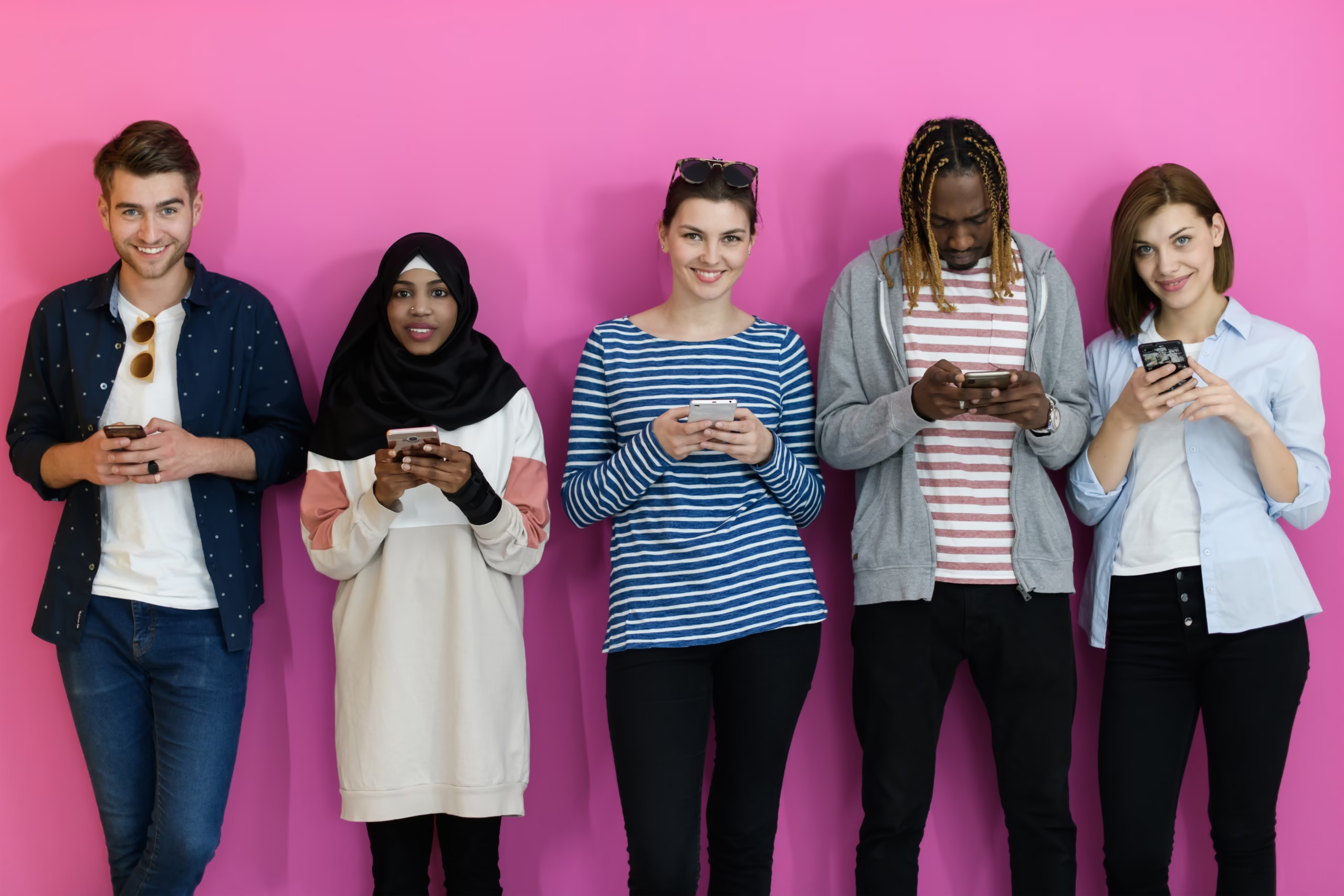In today’s digital age, social media has become an influential force in shaping public opinion, especially when it comes to cultural issues. Cultural topics like race, gender equality, and social justice no longer confine themselves to traditional platforms like television or print media. Instead, people are discussing, debating, and sometimes even transforming them on social media platforms. From viral campaigns to hashtag movements, social media has redefined how we engage with cultural issues and, in many cases, has led to real-world change.
What Are Cultural Issues? Exploring Their Impact on Society
Cultural issues are topics that pertain to the values, beliefs, and practices shared by different communities or societies. They can include a broad range of subjects, such as race, gender identity, religion, LGBTQ+ rights, social justice, and environmental sustainability. These issues shape how people view the world, how societies function, and how individuals interact with one another. Cultural issue often spark debates and discussions, sometimes leading to positive change, but at other times causing division.
The Rise of Social Media: A New Platform for Discussing Cultural Issues
Over the past decade, social media platforms like Twitter, Facebook, Instagram, and TikTok have become powerful tools for discussing cultural issues. These platforms offer an unprecedented level of accessibility and speed, allowing people from different parts of the world to share their views instantly. Social media sparks, nurtures, and spreads debates about cultural issue globally.

Social media empowers marginalized individuals to voice freely, bypassing traditional gatekeeping.
How Social Media Amplifies Voices on Cultural Issue
One of the most significant benefits of social media is its ability to amplify voices. Before social media, mainstream outlets ignored or went unnoticed many cultural issues. However, social media platforms now serve as megaphones for marginalized groups, giving them the power to amplify their concerns.
Hashtag movements like #MeToo and #BlackLivesMatter exemplify this. These grassroots social media movements sparked global discussions on racial inequality.
How Social Media Can Distort Cultural Issue
However, social media is not without its drawbacks. One of the major concerns is the spread of misinformation. Fake news and manipulated narratives can easily go viral, distorting the truth behind cultural issues. This can create confusion and even harm marginalized communities by misrepresenting their struggles or oversimplifying complex issues.
Another challenge is the rise of echo chambers. Social media algorithms often show users content that aligns with their existing views, reinforcing their beliefs rather than challenging them.
Shaping Public Opinion on Cultural Issue
Influencers and celebrities play a powerful role in shaping public opinion on cultural issues. With millions of followers on platforms like Instagram, YouTube, and Twitter, they can bring attention to causes and shape the way their audience perceives important cultural topics. When a well-known figure speaks out about an issue—whether it’s racial equality, gender rights, or environmental justice—it often sparks discussions among their followers and beyond.
For example, celebrities like Rihanna, Taylor Swift, and Leonardo DiCaprio have used their platforms to raise awareness about racial justice and environmental issues. Their influence can drive action, mobilize support, and change attitudes toward cultural issues.
How Social Media is Creating a Global Dialogue Around Local Cultural Issues
Social media bridges the gap between local and global discussions. Cultural issues that were once confined to specific communities or regions can now gain international attention. Whether it’s a protest in a small town or a controversial event in one country, social media enables the world to engage with and respond to these issues instantly.
For example, the 2019 protests in Hong Kong were amplified globally through social media, drawing attention to human rights concerns in China. Similarly, the Black Lives Matter movement started in the U.S. but became a global call for racial justice, showing how local cultural issues can resonate worldwide.
Navigating Cultural Issues on Social Media
While social media provides a platform for discussing cultural issues, it’s important to engage in these conversations thoughtfully and respectfully. Here are a few tips for navigating cultural issues online:
- Listen Before Responding: Take the time to understand different perspectives.
- Be Respectful: Disagreeing is fine, but always be respectful.
- Avoid Misinformation: Always fact-check before sharing.
- Use Your Platform for Good: If you have a large following, use it to amplify marginalized voices.
By following these tips, individuals can contribute positively to the conversation and help shift public perception in a constructive way.
The Future of Cultural Issues in the Age of Social Media
As technology evolves, so will the way we discuss cultural issues. The future of cultural debates on social media will likely involve more interactive content, live discussions, and the use of augmented and virtual reality to make issues more immersive. However, challenges such as misinformation and polarization will remain, and platforms will need to implement better safeguards to ensure that these conversations remain productive and inclusive.
The Power of Social Media in Redefining Cultural Issues
In conclusion, social media has fundamentally changed how cultural issues are discussed and perceived. It has given a voice to those who were previously silenced, facilitated global conversations, and sparked social movements that continue to reshape public opinion. While there are certainly challenges associated with the platform, the potential for positive change is undeniable.

